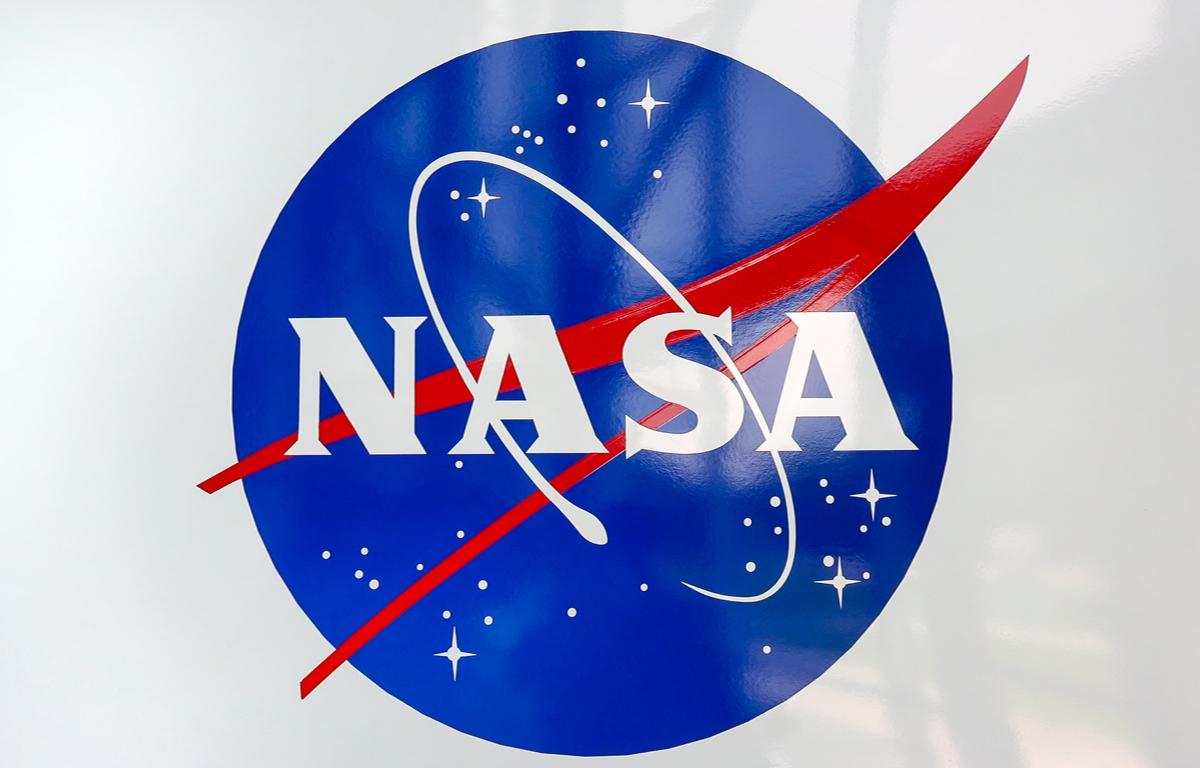CAPE CANAVERAL, Fla. (CLARKSVILLENOW) – Move over men, space walk No. 421 belongs to the women. On Friday, Oct. 18 NASA astronauts Christina Koch and Jessica Meir venture outside the International Space Station for a spacewalk. The team will exit the station’s Quest airlock in their U.S. spacesuits to replace a power controller that failed over the weekend.
NASA began the live stream of the mission earlier Friday morning, around 6:30 a.m. with the spacewalk starting at about 7:50 a.m. EDT.
Dubbed by NASA as “HERstory in the making” they’re asking schoolteachers to share photos of students celebrating the historic moment. The pictures might end up on the spacewalk broadcast.
About the Astronauts
According to the NASA website, Christina Hammock Koch was selected as an astronaut by NASA in 2013. “She completed astronaut candidate training in July 2015. Koch graduated from North Carolina State University with a Bachelor of Science in Electrical Engineering and Physics and a Master of Science in Electrical Engineering. She is currently working onboard the International Space Station on her first spaceflight as part of Expedition 59, 60 and upcoming Expedition 61 scheduled for October. Koch is slated to set a record for the longest single spaceflight by a woman with an expected total of 328 days in space.” (Source: NASA website)
Jessica Meir was selected by NASA in 2013. “She holds a Bachelor of Arts in Biology from Brown University, a Master of Science in Space Studies from the International Space University, and a Doctorate in Marine Biology from Scripps Institution of Oceanography (UCSD). From 2000 to 2003, Dr. Meir worked for Lockheed Martin’s Human Research Facility, supporting human physiology research. During this time, she also participated in research flights on NASA’s reduced gravity aircraft and served as an aquanaut in an underwater habitat for NASA Extreme Environment Mission Operations (NEEMO). She is currently working onboard the International Space Station on her first spaceflight as part of Expedition 61 and 62.” (Source: NASA website)


